What can personality and strength assessments do for your organization?
Have you ever taken one of those tests that promises to reveal something about you? Why are they so irresistible? Maybe it’s because they’re the flipside of the academic and professional tests we’ve been subjected to all our lives. Instead of pointing out your mistakes, they reveal your virtues.
Don Clifton, an American psychologist, once asked himself, “Instead of asking what’s wrong with you, what would happen if we studied what was right with you?” And a powerful assessment was born.
Many organizations use assessments to help their employees understand the strengths they bring to their team and the company as a whole. Here are a few:
- The Birkman Method
- Disc Assessment
- The Enneagram
- Hexaco Personality Inventory
- The Holtzman Inkblot Technique
- Myer-Briggs Type Indicator (MBTI)
- Process Communication Model
- The Revised Neo Personality Inventory (Neo Pi-R)
- The Winslow Personality Profile.
Working with corporate clients, I have used and taken several of these assessments, including the one sparked by Don Clifton’s epiphany: CliftonStrengths. Clifton founded Selection Research, Inc. which later acquired Gallup, where he became the chairman.
He observed, “Whenever you give people choices, you’ll hear some people say, ‘I want to do that’ and others might say, ‘Oh, I could never do that.’” The idea behind his strengths model is that we are all different and that’s a good thing.
CliftonStrengths is made up of 34 themes placed in four domains. What they’re really measuring is your talents. These talents make up your natural self. The talents become strengths when you invest some time in them.
You may say, “I know what my strengths are.” Good. But it’s also good to have some science behind that.
Gallup has studied human nature and behavior for more than 80 years. They’ve learned the key to personal development is to fully understand how to apply your greatest strengths in your everyday life. Gallup researchers have discovered that:
- People who focus on using their strengths are three times as likely to report having an excellent quality of life.
- People who focus on using their strengths are six times as likely to be more engaged in their jobs. [Rath, T. (2007). StrengthsFinder 2.0. New York: Gallup Press.]
People operating in their wheelhouse are happier, more engaged, and more productive. When they know their strengths and talents, and they’re allowed to use them, people:
- Look forward to going to work.
- Have more positive than negative interactions with coworkers, family, and friends.
- Have better interactions with customers.
- Share more positive feedback on their company. (e.g., They tell their friends they work for a great company.)
- Achieve more every day.
- And have more positive, creative, and innovative moments.
Beyond the world of work, there are compelling reasons for us to understand, appreciate, and intentionally use our strengths. Gallup’s research shows that a strengths-based approach improves a person’s confidence, direction, hope, and kindness toward others.
It’s important to recognize that CliftonStrengths, like some of the other assessments, is a development tool. Understanding your strengths is only the beginning. Use your findings to determine how to use your strengths to grow – in your job, career or even in your relationships.
Understanding strengths makes for better teams.
If you can, construct a team with complementary strengths. But, regardless of team composition, knowing each member’s strengths can help. For example, if your project needs brainstorming and innovation, pull in teammates who score high on “ideation.” If your project requires a lot of data review and interpretation, bring in those who are more “analytical.” Clifton suggested that individuals don’t have to be well-rounded, but teams do. So put your energy into creating a well-rounded TEAM.
Also, consider including the entire organization in a strengths assessment. This is not just a tool for the executive team. Arguably, ALL employees need to know who they are; teammates and leaders need to know how each employee can best contribute.
One of the most powerful outcomes of a strengths assessment is engagement.
Knowing and working to strengths makes people feel more valued and connected to the group. Engagement is a proxy to productivity. It’s a proxy for less absenteeism. It’s a proxy for satisfaction. As a result, you, your team, and your company are more aligned and powerful.
Have you used CliftonStrengths or any of the other assessments? What have you learned as a result? Have they helped you or your organization? If so, how? Email us at change@emersonhc.com to share your story.




